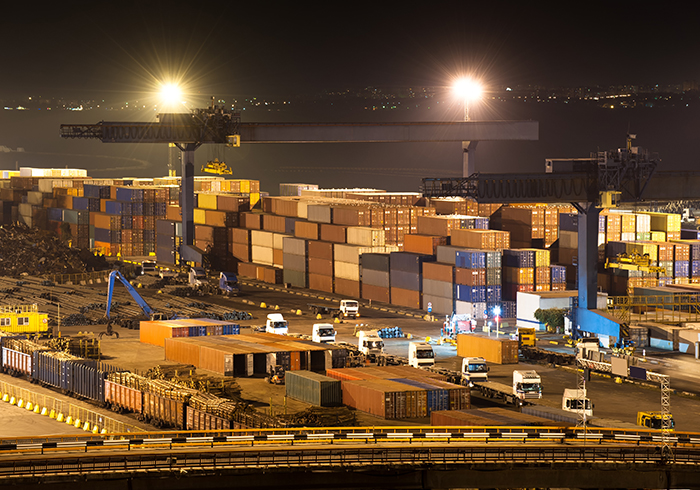Trafigura has denied claims it benefitted from an alleged fraudulent nickel trading scheme involving businessman Prateek Gupta, which left the company facing losses of over US$570mn.
The Singapore-headquartered trading giant filed a lawsuit against Gupta in May 2023 in London’s High Court, saying it had been duped into buying and selling cargoes of nickel that turned out to contain worthless or unidentified materials.
Other defendants include the UK and Swiss-based arms of TMT Metals, and UIL companies in Singapore and Malaysia, all of which are controlled by Gupta.
A defence filed by Gupta in 2023 acknowledged the containers shipped did not contain nickel, but alleged the scheme had in fact been devised by traders at Trafigura.
He claimed the arrangement – where Trafigura would use credit extended by Citi to purchase cargoes from Gupta’s companies, then re-sell them to other related entities after 90-180 days in transit – was designed to boost Trafigura’s trading volumes.
Trafigura denied those claims at the time, saying they are “nothing more than mudslinging to deflect attention from the fraud [Gupta] admits to committing”.
Proceedings have since been delayed several times. Gupta’s legal representatives have argued he faces funding constraints following a worldwide freezing order on his assets.
But in an updated defence filing last month, Gupta argues that Trafigura arranged the scheme “to present itself as a more significant player in the nickel market than was actually the case”.
He alleges that as a result of the trades, Trafigura was able to show it held large quantities of LME-grade nickel that had not been committed to another party. As a result, it could trade nickel derivatives that would appear to be hedging actual commodity trades, the filing says.
The arrangement also strengthened Trafigura’s balance sheet, making it more attractive to financial institutions, Gupta’s amended defence claims.
If it were simply a “vanilla transit-financing situation”, the filing adds, there would have been no commercial rationale for shipping cargoes to another port, rather than simply storing them in a warehouse and financing them against a warehouse receipt.
In a reply to Gupta’s amended defence, Trafigura denies it “obtained any benefits from the trades” and that it “had any reason to engage in the alleged arrangement (whether as alleged or at all)”.
Trafigura adds the description of the “supposed commercial rationale(s) of the alleged arrangement… is a matter of evidence”, which will be addressed in due course.
The Gupta amended defence also expands on his allegations that Trafigura staff were aware of the scheme.
It cites an email from a Mumbai-based Trafigura employee raising concerns that a shipment from Taiwan to China listed a transit time of 95 days, which added: “Luckily Citi accepted this one, with little suspicion, but we might not get as lucky in the future.”
The filing also alleges that Trafigura staff would have become aware of the scheme after the company securitised receivables from the on-sale of some of the cargoes.
It says this would have meant Gupta’s companies were onboarded as obligors, resulting in due diligence around group concentration limits, and that daily and weekly statements detailing receivables due would have highlighted extended transit periods.
These claims are also denied in Trafigura’s reply.
The case is due to go to trial in November, although Gupta’s legal representatives continue to raise concerns over funding.
His lawyers did not attend a hearing on August 18, which addressed the disclosure of documents for use in a separate arbitration case between Trafigura and Hong Kong-based Axiom Ltd.
Trafigura’s lawyer, Edward Ho, said during the hearing that difficulties paying legal costs “is an excuse which has been routinely trotted out by the Gupta defendants throughout these proceedings, when it had suited them to do so”.
Judge Robin Knowles approved the disclosure of the documents for use in the arbitration case, which relates to a cargo bought by Trafigura from Gupta, then sold onto Axiom, that did not contain nickel.
Trafigura and legal representatives for Gupta did not comment when contacted by GTR.







